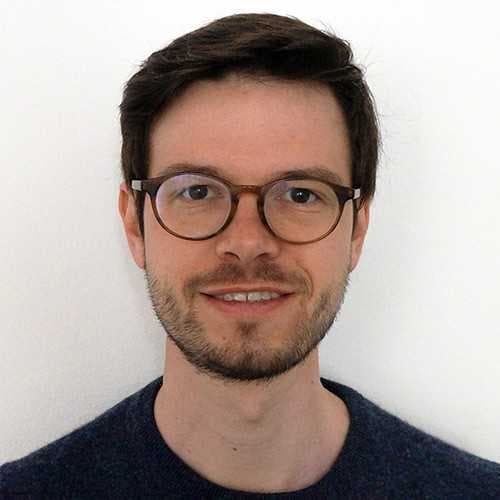This project aims at providing a comprehensive assessment of the crime landscape in the DeFi industry and offer strategies to better protect DeFi actors and their users through three objectives:
- Identify all DeFi actors in the industry and define their roles and characteristics
- Determine what characteristics make DeFi actors attractive crime targets
- Provide evidence-based policy recommendations to better protect Canadians participating in the DeFi industry



